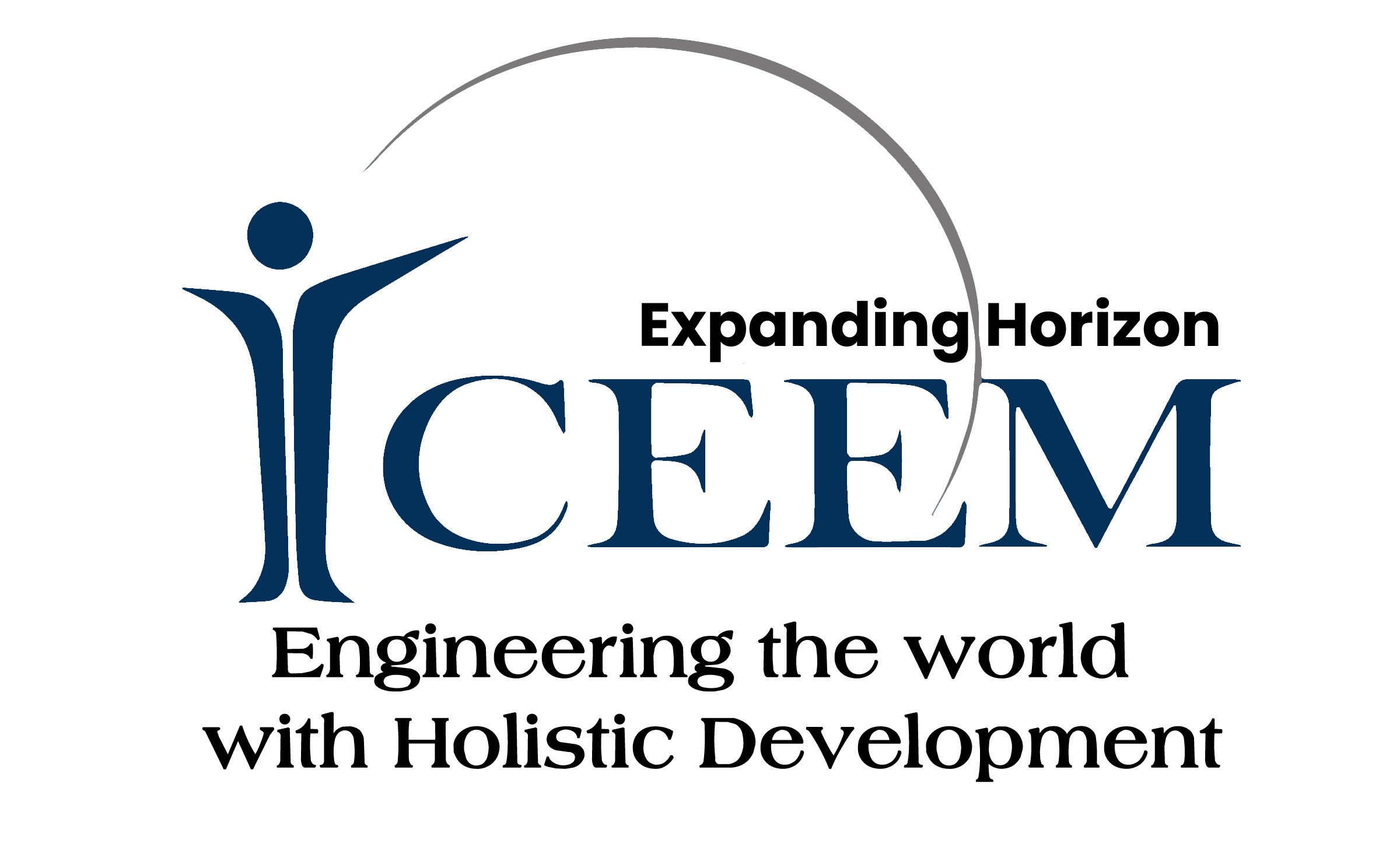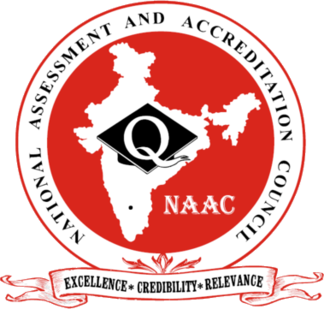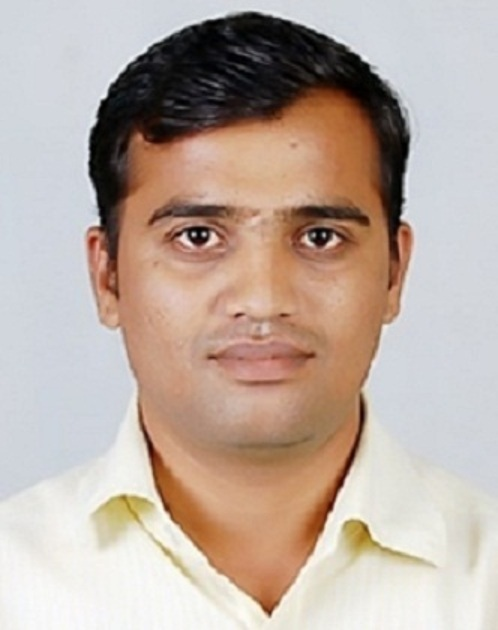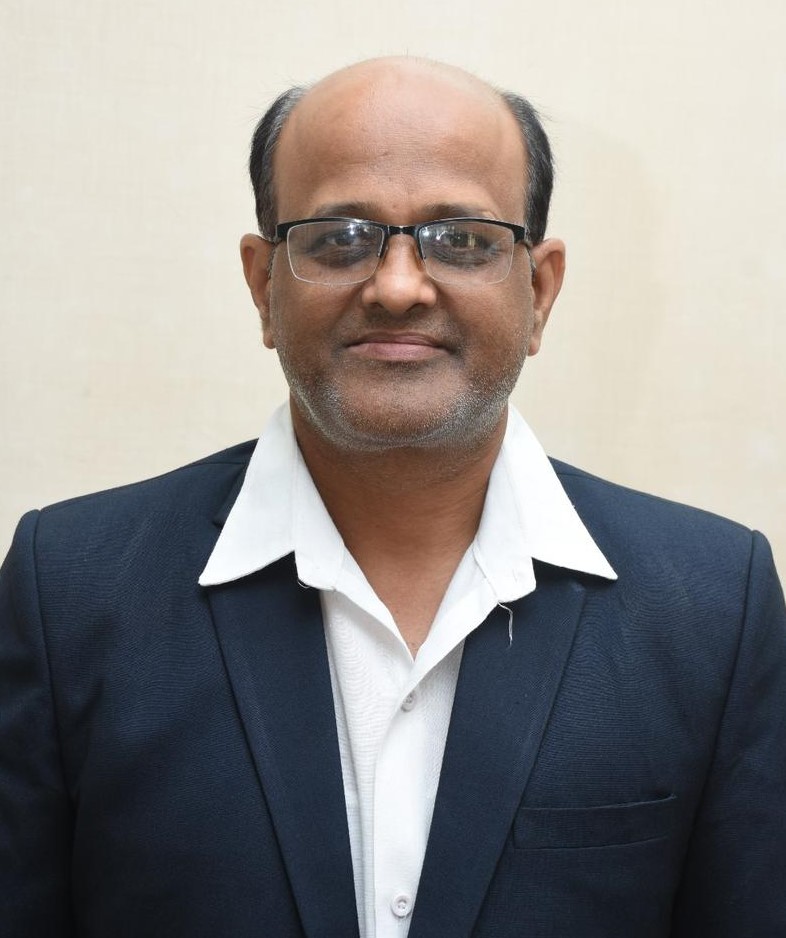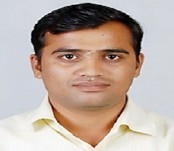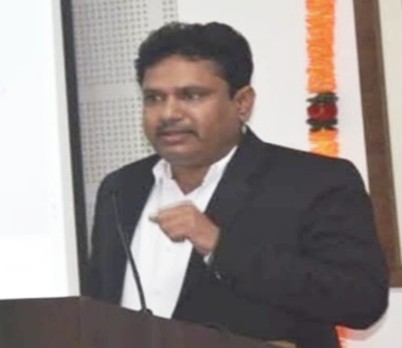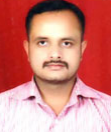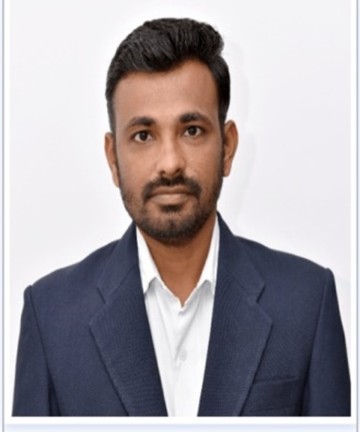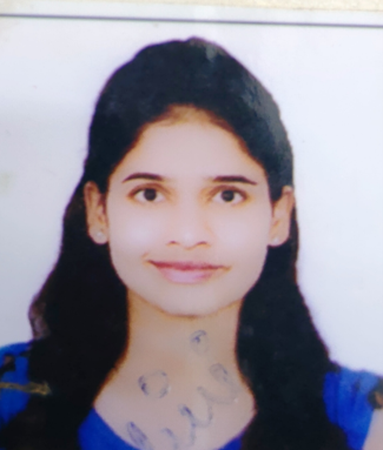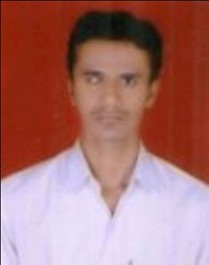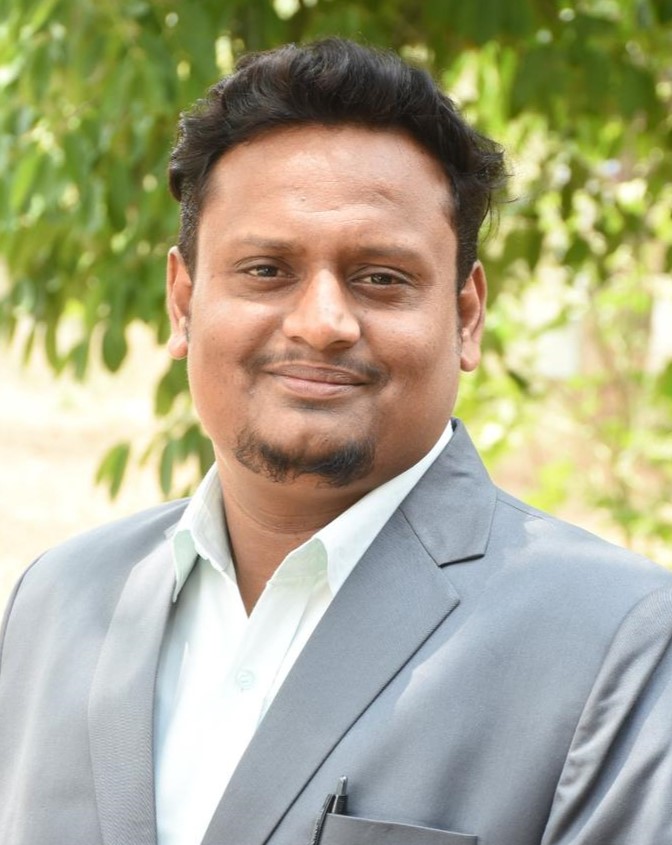ABOUT DEPARTMENT
Mechanical engineering is a discipline of engineering that applies the principles of physics and materials science for analysis, design, manufacturing and maintenance of mechanical systems.
It is the branch of engineering that involves the production and usage of heat mechanical power for the design, production, and operation of machines and tools. It is one of the oldest and broadest engineering disciplines.
Key Features :
- Collaboration with reputed industries of impairing industry-specific training to students.
- Encouragement to students for participate in technical competitions , conferences and presentations.
- Expert talk series of eminent personalities organized every year by department to acquaint the students with latest technological developments in industrial sector.
- To provide a sound academic environment to students for a complete learning experience.
- To provide state-of-the-art technical infrastructure and motivate students and staff to realize their own potential.
- To promote the technical skills and ensure all-round development of the students and staff.
Objectives:
- To prepare engineering professionals, recognized for the quality and significance of their knowledge, research and service.
- To provide widely recognized leadership in the improvement of Mechanical engineering, through innovation.
- Enhance the commitment of faculty, staff, and students to the centrality of diversity, social justice, and democratic citizenship.
- To help the students to excel in the field of Mechanical Engineering through academic excellence and integrity and outstanding teaching.
